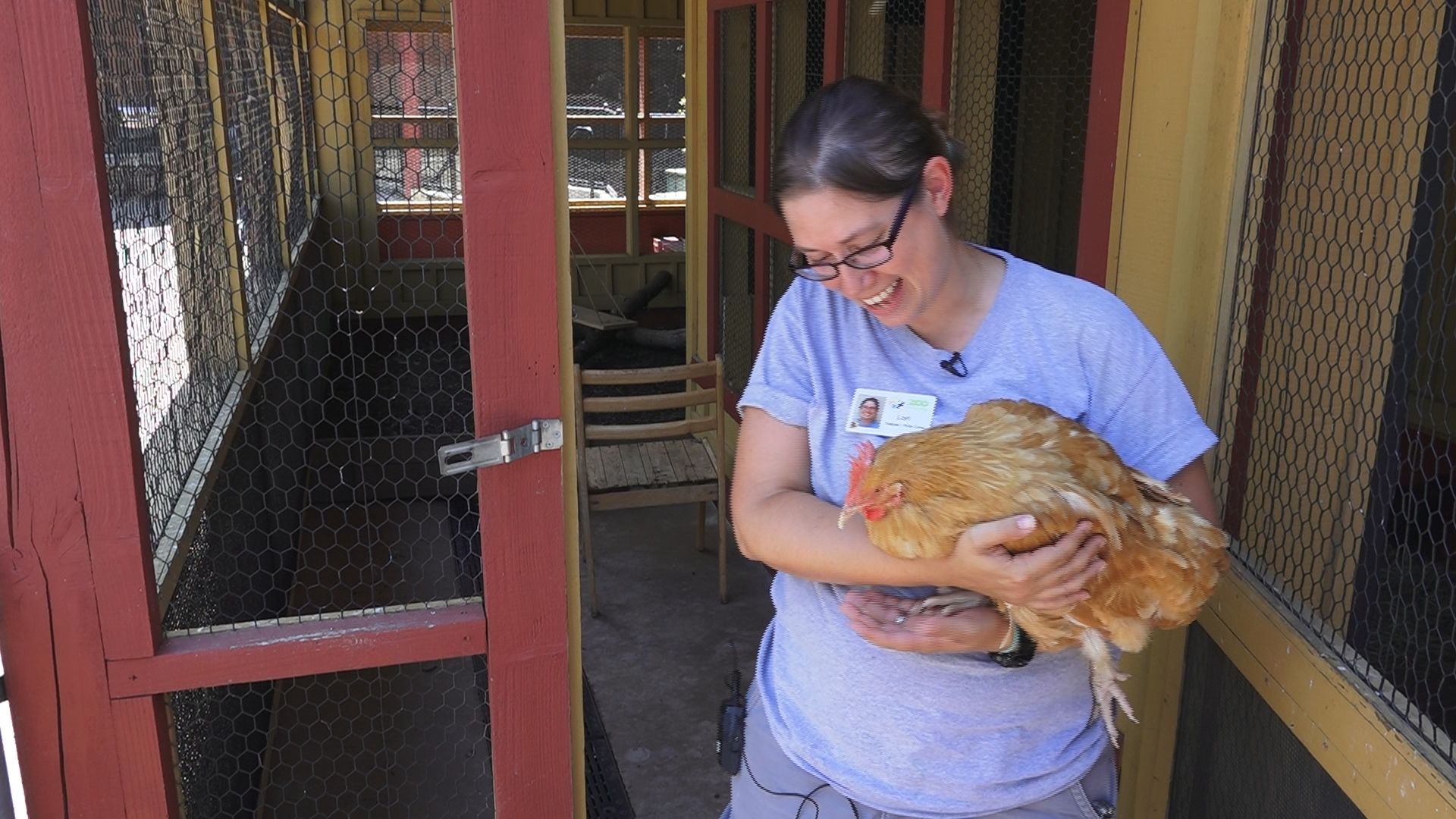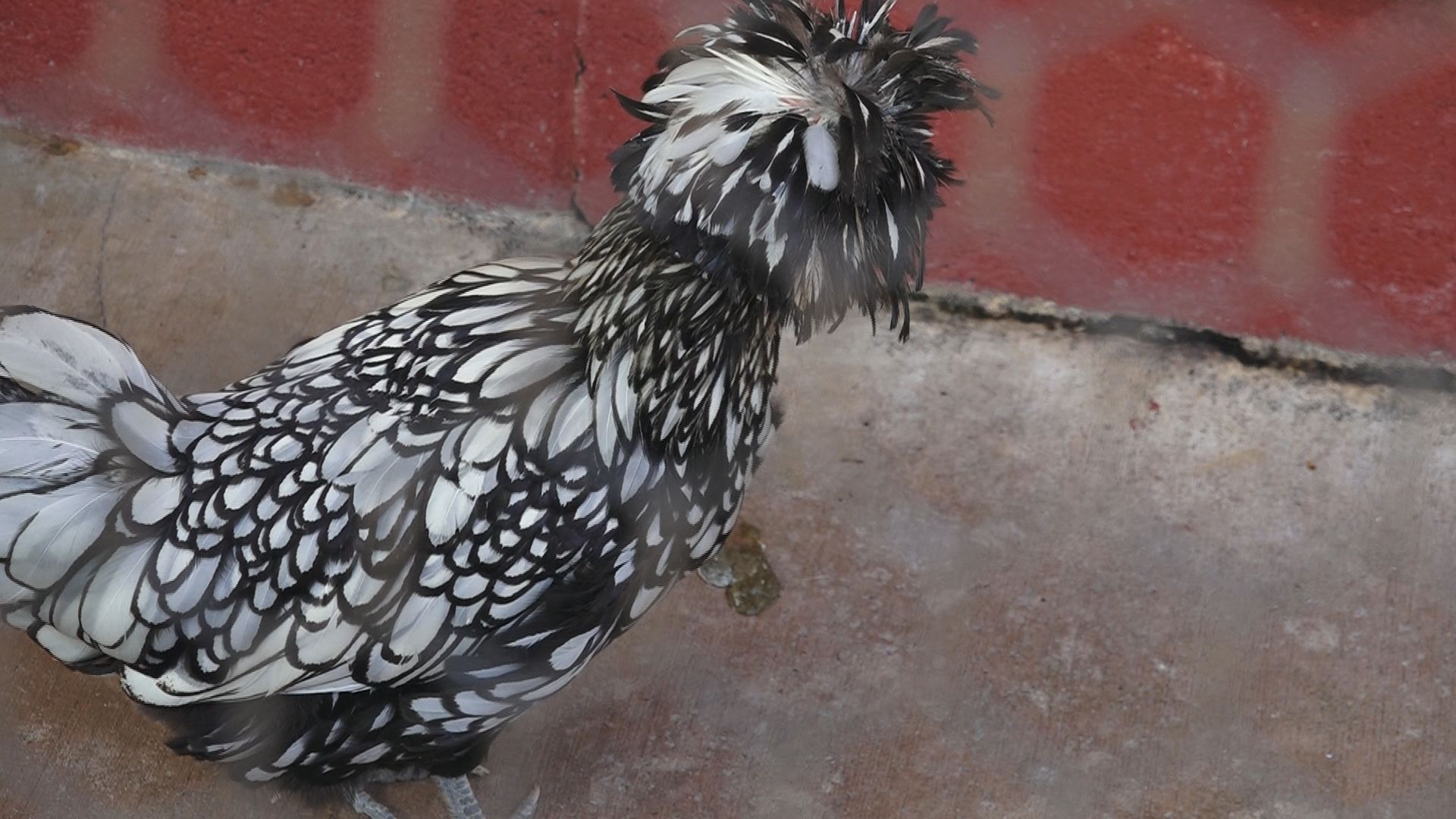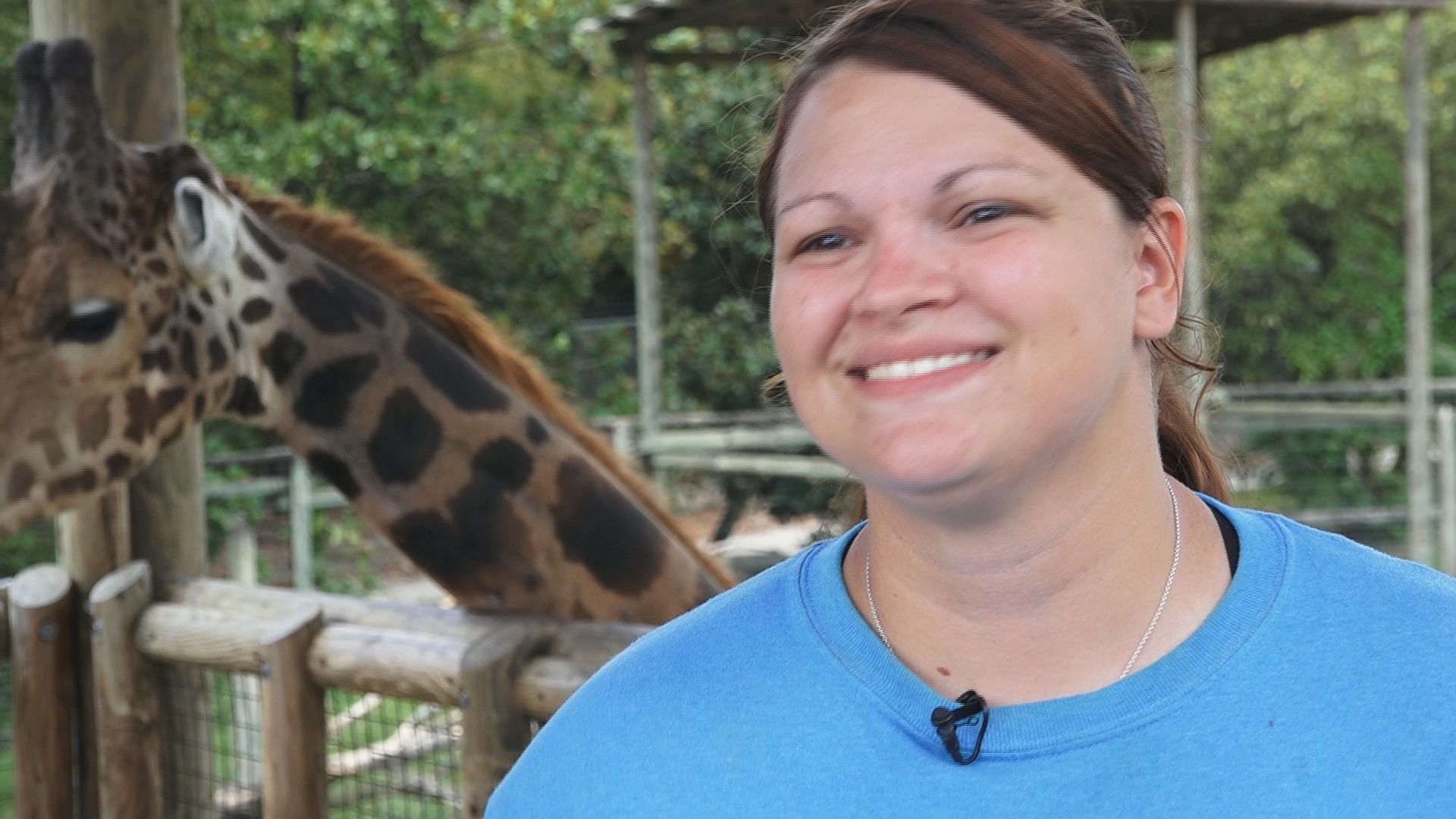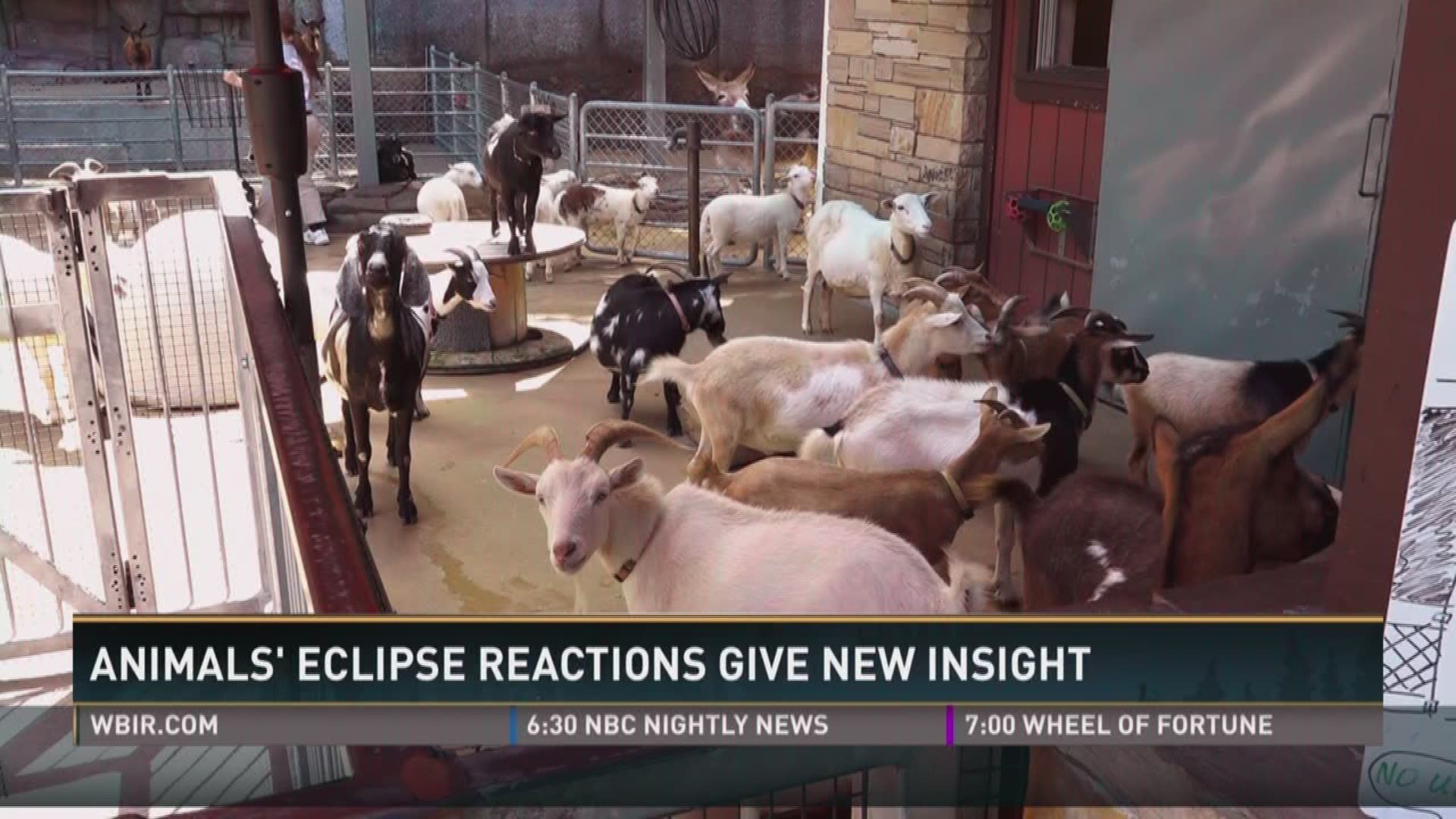On any normal day, the residents of Zoo Knoxville have pretty clear personalities – some more than others.
“Yes, they have very loud voices, and can be heard from far away,” laughed Lori Scholl, looking at the zoo's goats.
Scholl and other zookeepers were interested to see how the animals reacted during the solar eclipse.
“All of a sudden [the goats] found a nice shady spot to lie down, and a bunch of them got quite,” said Scholl.
It was a unique opportunity for handlers – one that’s not often studied. As the sun slid behind the moon, the chickens went in to roost.

“It looked like dusk here,” said Scholl. “Given another hour I would have thought it was bedtime as well, and tried to find my little roost.”
Farm animals were the only ones bedding down. Giraffes Lucille and Francis and noticeable reactions.
“They both glanced in the direction of the sun, and as it got dark they both took off running for the barn,” said zookeeper Amber Howard.

She said reactions like this are tough to observe in the wild.
“Eclipses aren’t an everyday phenomenon, so we don’t get chances to study something like that,” she said.
But the biggest takeaway, was something zookeepers already knew – the animals are sharper than you might think.

“Yeah, they got it going,” said Scholl, holding a chicken named Mable. Mable squawked.
“Mable says, ‘I do,’” she laughed.
Zoo Knoxville handed out observation cards for visitors during the eclipse to record animals’ reaction, and is reviewing them.

